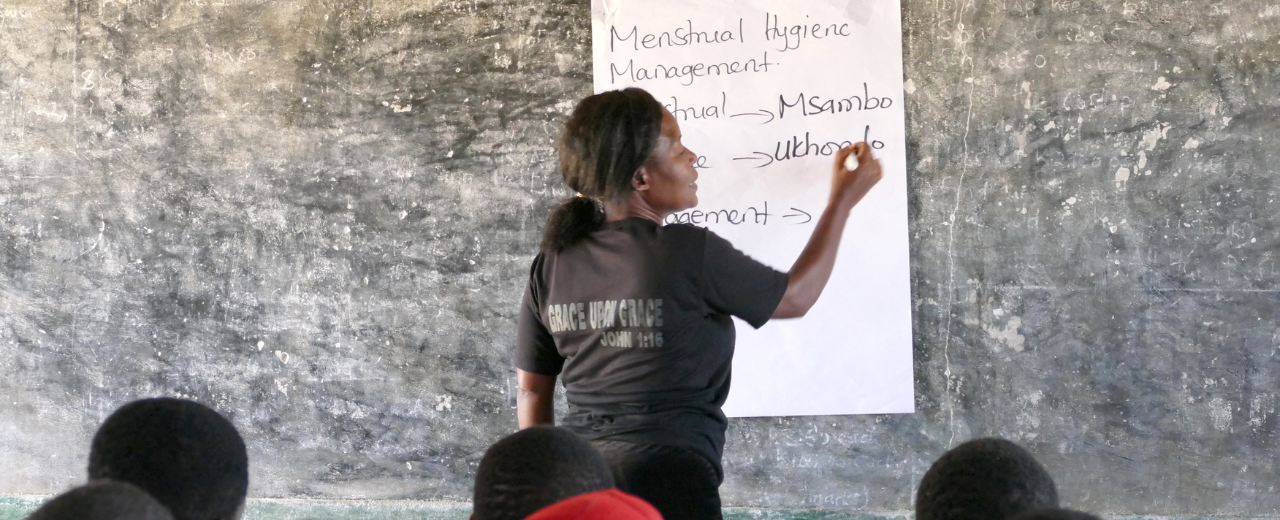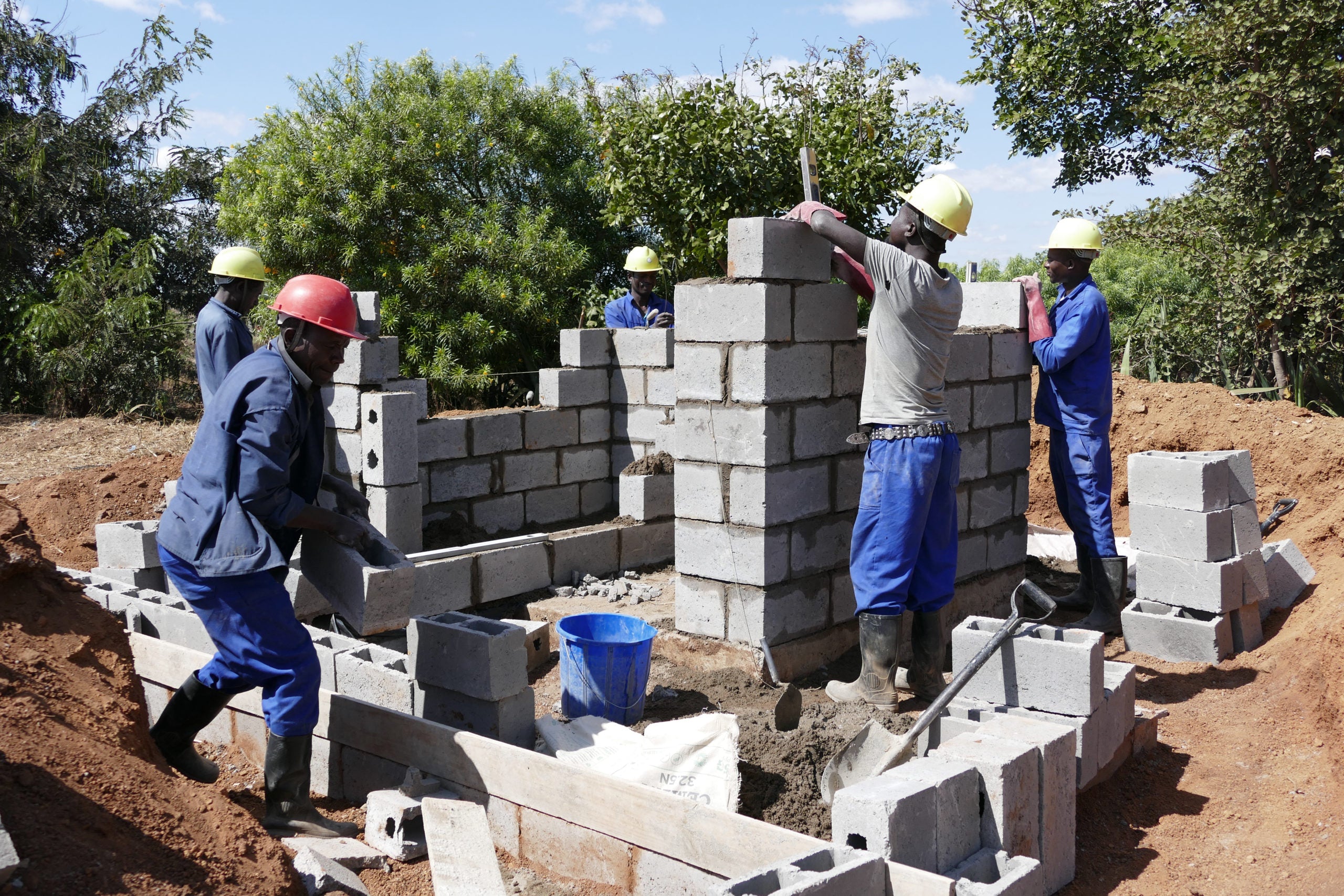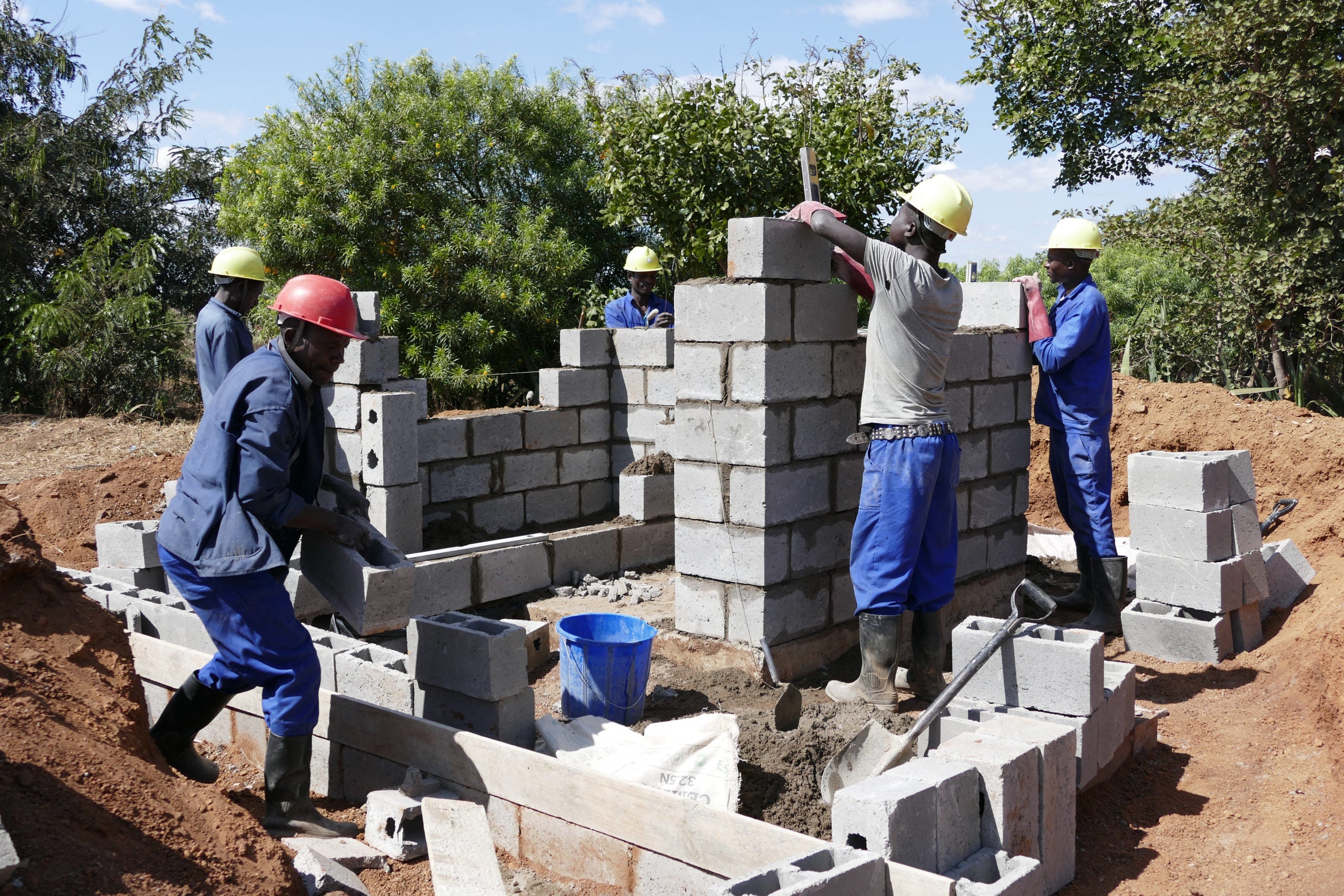Day 15
2 weeks of safe toileting for a primary school child in Malawi
 Robust toilets and hygiene education Robust toilets and hygiene education
Robust toilets and hygiene education Robust toilets and hygiene education


Greater participation and health through improved hygiene and sanitation

Micha Fritz presents his favorite project in the video
need
Number of safe toilet visits for primary school children. Increased basic knowledge and awareness in the area of hygiene
activity
Local construction companies are building new and robust sanitary facilities for primary schools. Workshops are being held for the schoolchildren together with local NGOs
Measurable performance
Number of safe toilet visits for primary school children. Increased basic knowledge and awareness in the area of hygiene
Result
The measure is expected to reduce the number of absences among primary school children due to waiting times or absences due to illness; girls will be more confident about their menstrual hygiene
Systemically relevant impact
Improved sanitation and hygiene situation as well as knowledge application and behavior change of primary school children in Malawi
background


The good deed
About Malawi
Lilongwe
Capital city
19,647,681
Population
642.7
Gross domestic product
per capita per year
Rank 169 of 191
Human Development Index
(Human Development Index)



